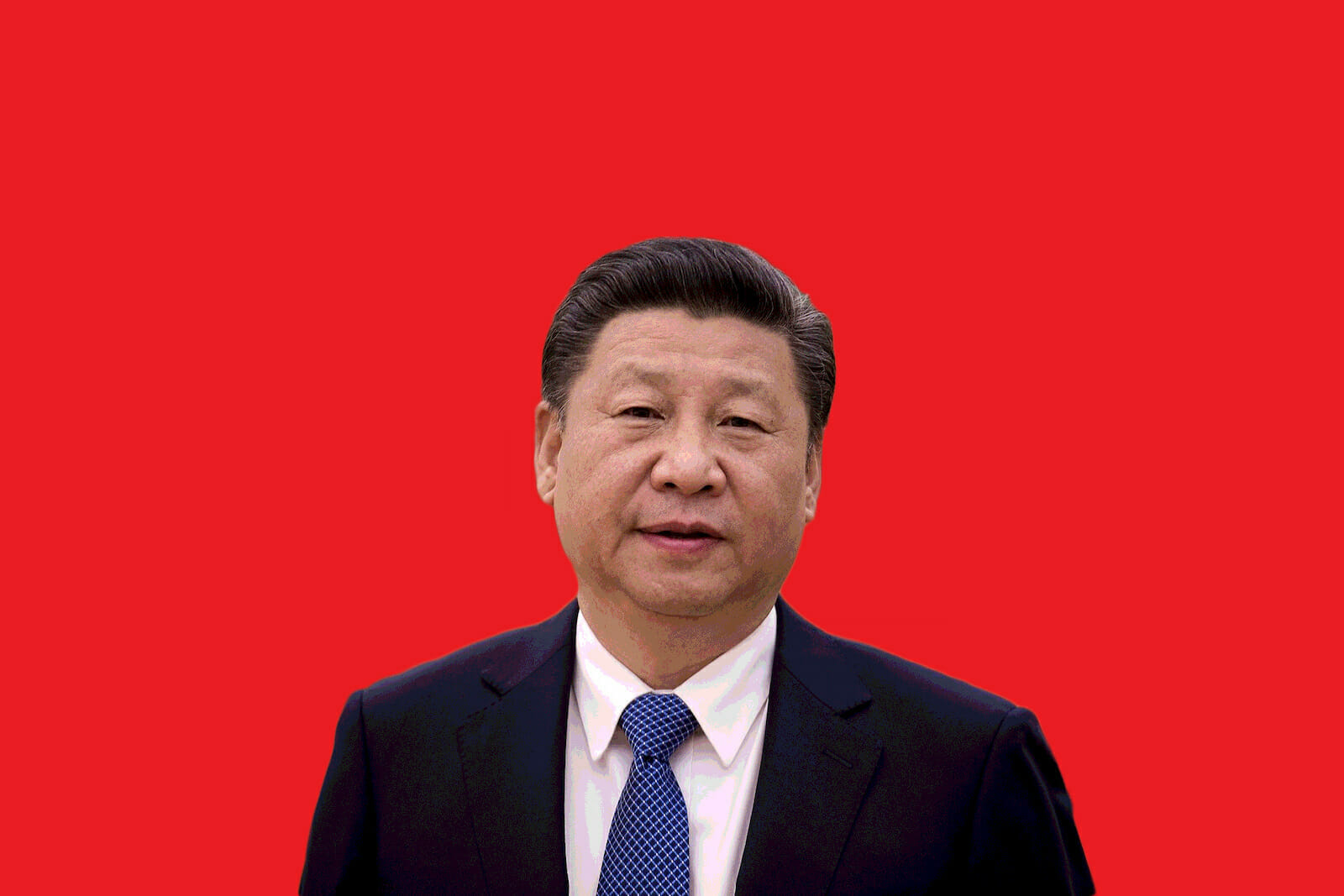
Is Conflict Between the United States and China Inevitable?
There are a number of reasons why conflict between the United States and China is inevitable. The U.S. perceives the rise of China as a threat to its own security. China’s economic growth has positioned it on a path to become Asia’s regional hegemon which in turn challenges the United States’ position in the Asia-Pacific region and in the international system. Yet, China has geopolitical aspirations and the ambition to become a superpower.
From Thucydides, we learn that what made the Peloponnesian War inevitable was the growth of Athenian power and the fear that it caused Sparta. In a similar fashion, China’s economic growth has led the United States to fear that its power will be challenged and essentially reduced by China’s ascent. Consequently, the United States has taken measures to reassert itself as the global hegemon, including placing trade tariffs on Chinese goods, which in turn resulted in China retaliating with its own tariffs on American goods.
History shows us that shifts in the balance of power between Athens and Sparta led to their war, and in a similar fashion, China’s wealth and influence combined with its enormous population represents a significant challenge to the United States – one that signals an imminent shift in the balance of power. Thucydides tells us: “The strong do what they have the power to do, and the weak accept what they have to accept.” In the uncertain environment in which we find ourselves in, a lack of a global authority leads to a situation of ‘fear’ and security dilemmas which compels states such as China and the U.S. to consider various actions as a means of survival.
A realist perspective suggests that states pursue power to pursue interests which are relatively fixed. Both China and the U.S. are currently engaged in a strategic calculus whose principal aim is to ensure that power is acquired at the other state’s expense. Machiavelli argues: “A prince must seek to conquer because he must protect his state against threats and because fortune rewards virtu.”
Following this philosophy, the Trump administration has launched a particular strategic approach that focuses on two objectives: (1) improve the resiliency of United States’ institutions, alliances, and partnerships to prevail against the challenges the People’s Republic of China presents; and (2), to compel Beijing to cease or reduce actions harmful to the United States’ vital, national interests and those of our allies and partners. Although the United States has stated that competition need not lead to confrontation or conflict and that it welcomes cooperation where the two nations’ interests align, one cannot help but wonder how the two nations’ interests align.
Wealth enables states to make investments that support strategic objectives. China seeks to reaffirm itself as Asia’s regional hegemon, and its growing wealth will allow it to continue to amass influence much larger than those of other Asian countries. One can observe that Chinese leader Xi Jinping has been active on the world stage as evidenced by various trade and energy deals with Russia, African nations, and other countries in the Western Hemisphere. Meanwhile, Donald Trump has made public statements calling China a currency manipulator. Actions are louder than words, but both can potentially lead to crises and escalated conflict.
Fear for survival drives China and the U.S. to take actions which are intended to protect themselves from threats posed by the other. Hobbes tells us: “Entities seeking to survive will be under constant threat and take measures to protect themselves and prevent attack.” As a result, ‘self-preservation’ is a fundamental concern for China and the U.S. leading both to contemplate different economic and geopolitical strategies that will help enhance their security. China realizes that in order to become a superpower it must sustain economic growth and expand ties with other states. As Hobbes indicated, the pursuit of power is perpetual. Beijing has undertaken its Belt and Road Initiative which is designed to gain influence over states through infrastructure development and financing. Meanwhile, the U.S. has been building economic ties and cooperation with India and Japan, two key regional players. Moreover, the U.S. has also focused on increasing trade with ASEAN countries as a way to limit China’s growth and influence in the Asia-Pacific region. In the last 5 years, the U.S. has directed more investment to ASEAN than to China, India, Japan, and South Korea.
Under a realist view, China and the U.S. cannot maintain what they have, without gaining more. China has increasingly engaged with Latin American countries, challenging the U.S. position within the Western Hemisphere. Because the two nations vie for influence and power, China and the U.S. find themselves in a predisposed state of conflict. This has led to intense competition, strategic maneuvering, and balance of power politics where if a state gets stronger, the other competing state will seek to become stronger. As such, the U.S. has increased its military spending, while China had a defense budget of over $200 billion in 2018, which was almost four times what India spent.
Doyle explains that states follow ‘Realpolitik’: they are self-interested, prepare for war, and calculate relative balances of power. In this view, China seeks to gain more power and the U.S. does not wish to lose its power. Some advisors in the Chinese and U.S. governments perceive the world as a zero-sum game, where one state’s gain is the other state’s loss. Accordingly, they respectively view each other as threats and impediments to reaching their own interests. They argue that China’s efforts to increase its security, raises the United States’ insecurity. Ultimately, those who hold this perspective are concerned about survival. Mearsheimer tells us that under this perspective, the principal goal of great power is to become a regional hegemon and to meanwhile prevent other great powers from dominating their regions.
Nations can never be certain about the intentions of other nations. Although China and the U.S. are economically interdependent, recent actions on both sides seem to suggest that security trumps prosperity. In recent months, China and the U.S. have engaged in a plenitude of exchanges. China has accused the United States of supporting radical rioters and separatists in the ongoing Hong Kong protests. The Trump administration has blamed China for the coronavirus pandemic outbreak, claiming that China instigated a global pandemic. In a tit-for-tat move, in July 2020, China ordered the closure of the U.S. consulate in Chengdu in response to the United States closing China’s consulate in Houston. Both nations have claimed indignation while accusing the other of meddling in internal affairs. These pronunciations by both governments have certainly re-awakened nationalistic public sentiments.
Given these ongoing developments, one can conceive that conflict between the United States and China is inevitable. However, can the two nations rebuild their relations and return to a position of cooperative and integrative bargaining where both sides stand to gain? Do both countries share common interests that would incentivize them to cooperate? I believe cooperation is possible on several fronts particularly as both countries seek economic progress, peace, and the well-being of their own citizens. An escalation of conflict is certainly detrimental to these goals given how inextricably connected these two nations are.
In order to build relations and achieve cooperative solutions, there must be a shift in perspective where the two parties involved do not perceive the gains of one nation as representing an affliction on the other.

